As a medium, anime notoriously offers plenty of uplifting, inspirational tales that celebrate the reaps of hard work, persistence, and self-improvement. And while such optimistic stories have intrinsic value, not all fans are seeking hopeful fantasies when they turn to anime. Just as esteemed are the medium’s most devastating tragedies, which offer cathartic emotional release through sadness instead of merriment. In fact, many fans find happy endings too cheesy and unrealistic to properly enjoy, preferring a story with a gloomier tone that doesn’t pull its punches when it comes to tragic themes and topics.
A devastating ending can feel much more profound than a generic happily-ever-after, and fans who recognize the power of a tragic conclusion, even in an otherwise cheery or encouraging series, gravitate towards sorrowful anime to experience these intense, moving emotions. Be it a cataclysmic tragedy or a series with a plot-twist downer ending, these anime that conclude on a definitively despondent note are perfect for those who hate feel-good finales.
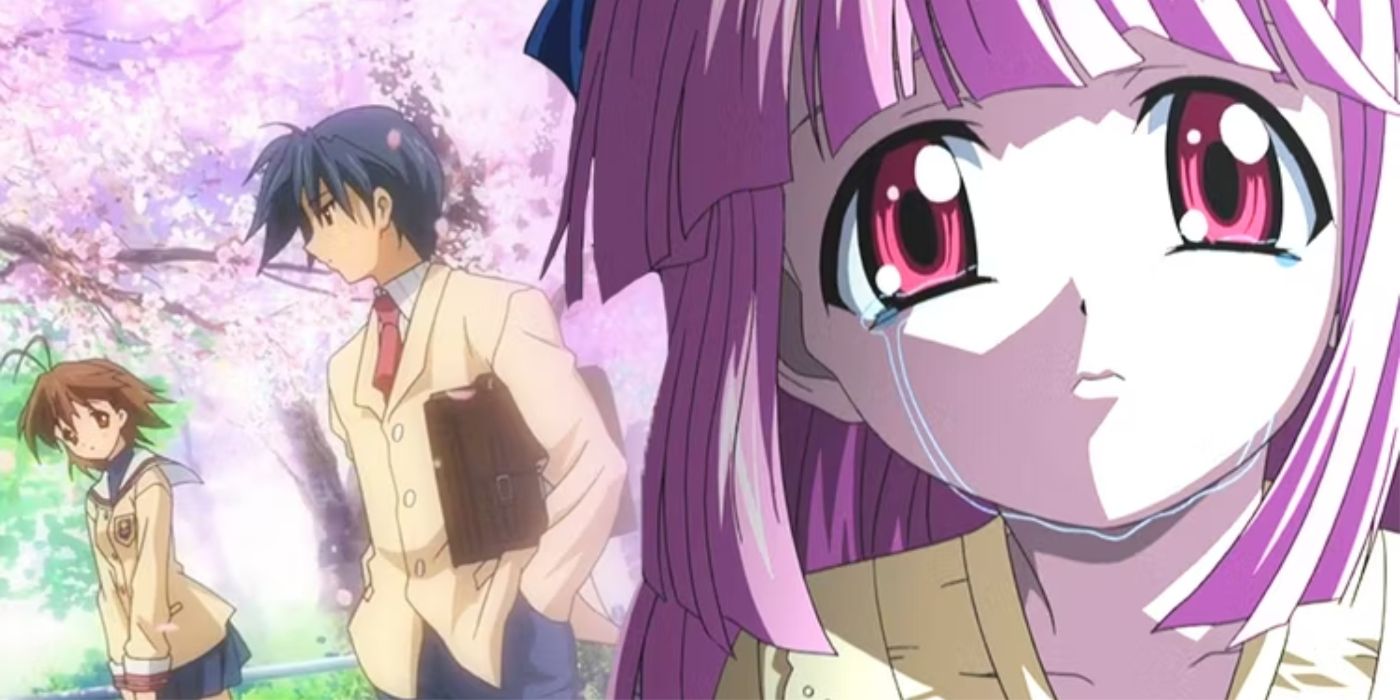
Gundam 0080: War in the Pocket Offers a Maturely Sorrowful Perspective on the Franchise’s Themes
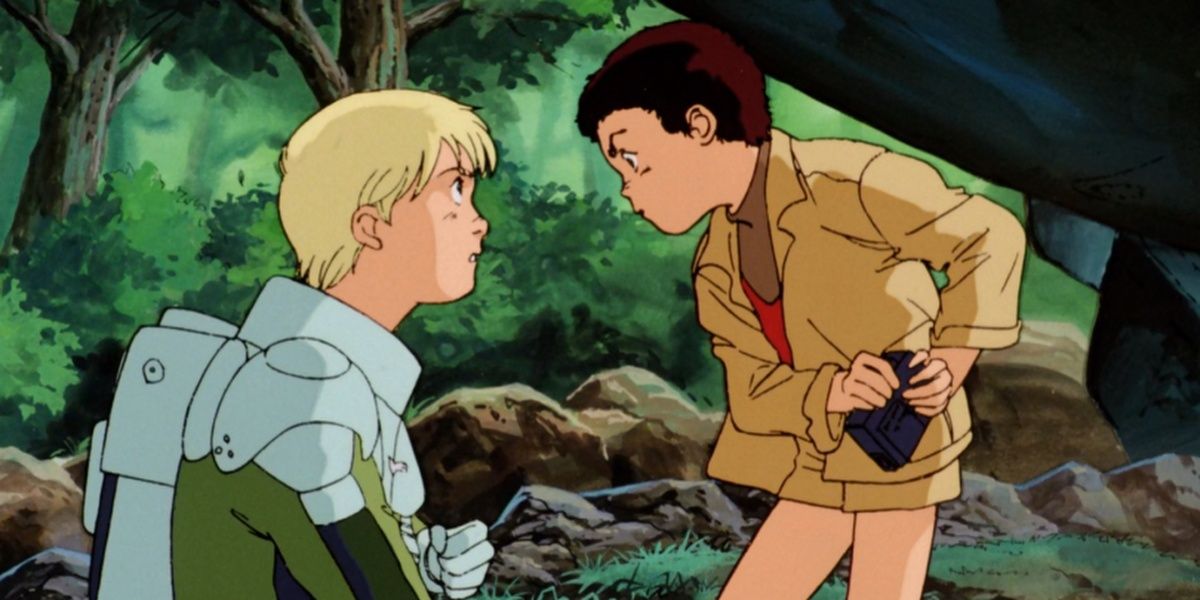
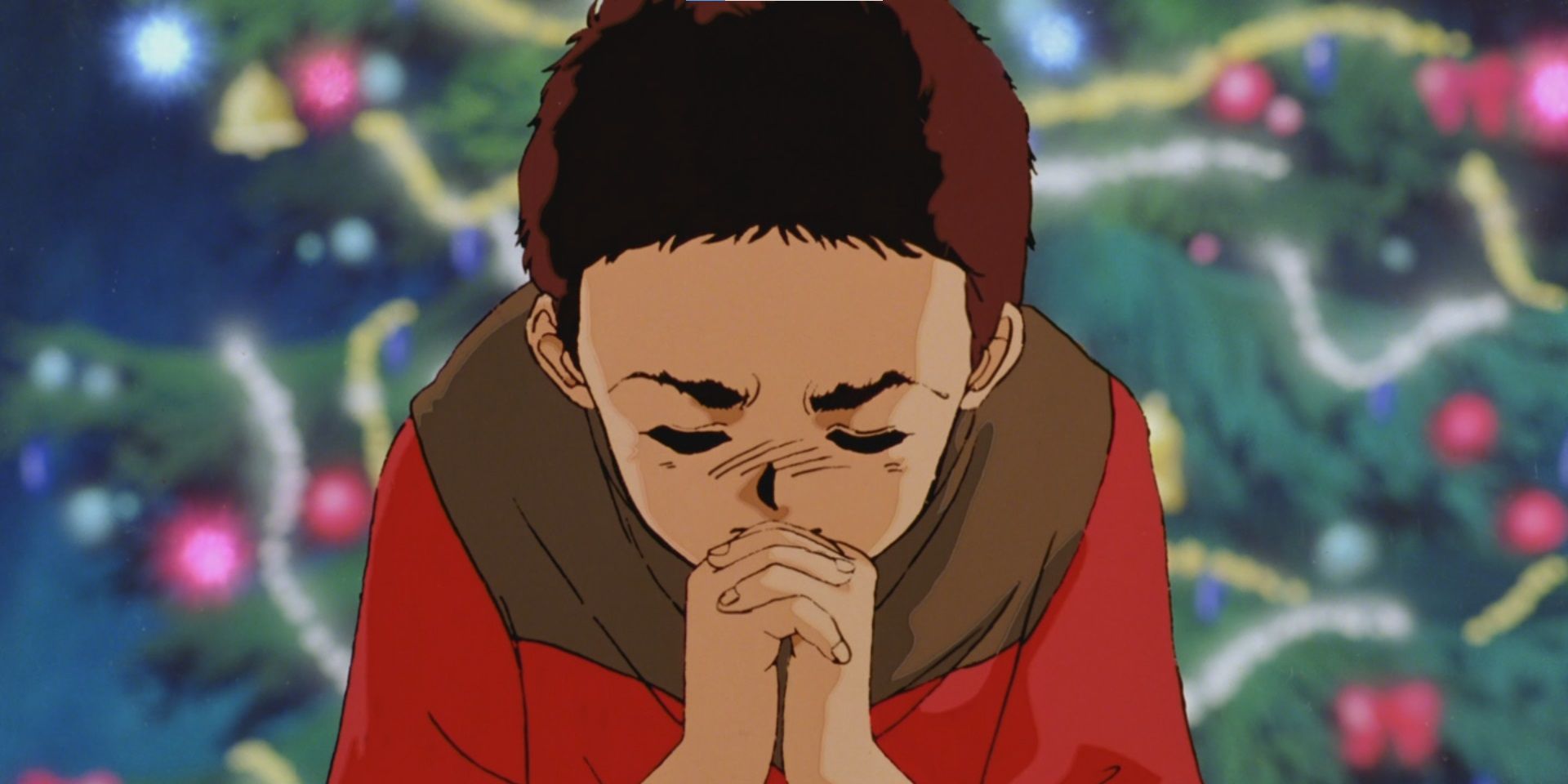
| MAL Score | 7.98 |
|---|---|
| IMDb Score | 8.0 |
For all of its reputation as the poster child of mecha spectacles, the Gundam franchise features some of the most profound and sorrowful stories of war and its tragedies. In that regard, the 1989 OVA Gundam 0080: War in the Pocket is a particularly ruthless tale of how intergalactic warfare affects ordinary people. The story follows Alfred, a kid fascinated with the ongoing struggle between the Earth Federation and the Principality of Zeon, just like all of his peers.
However, once Al gets a chance to experience the horrors of war firsthand, his childlike awe gets swiftly crushed by the brutal reality of death. A much more intimate and somber tale than most of the franchise’s mainline stories, Gundam 0080 ends with a downhearted reminder that war is ever-present, and there will always be people who see it as a spectacle instead of an atrocity.
Banana Fish Robs Its Heroes of a Chance at a Happy Life at the Very End
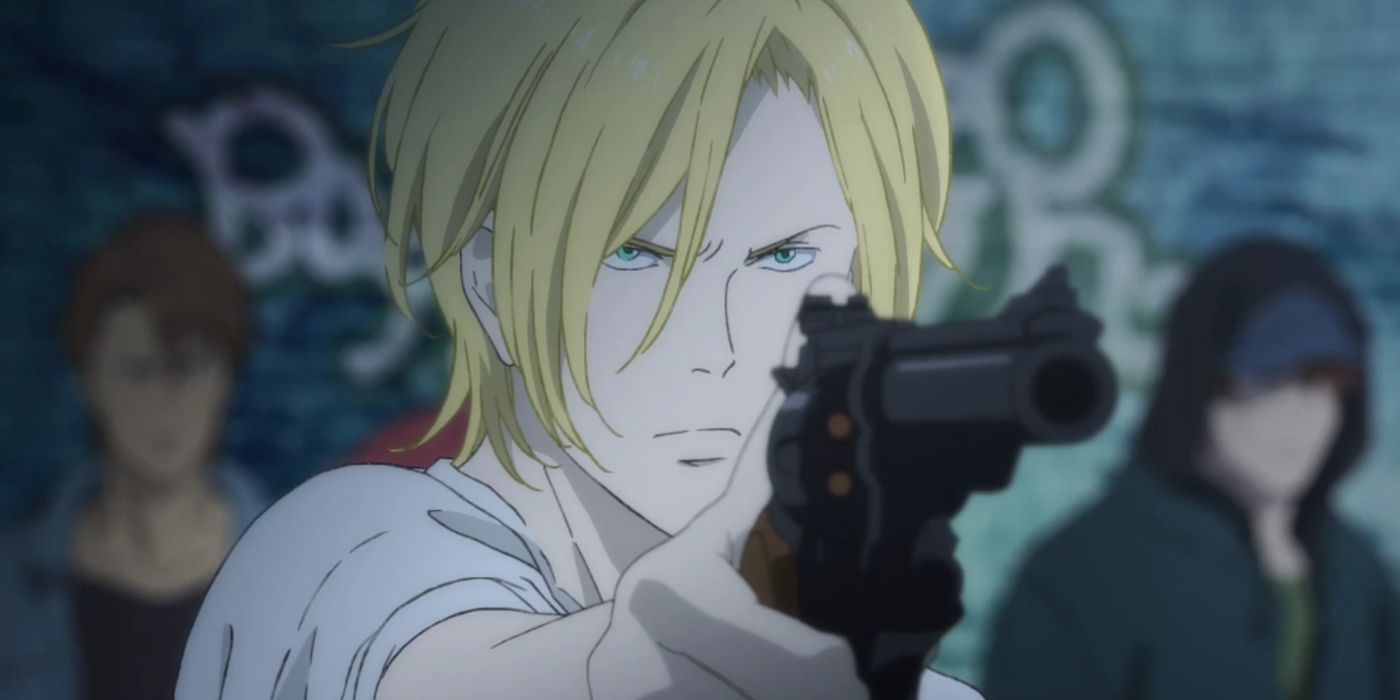
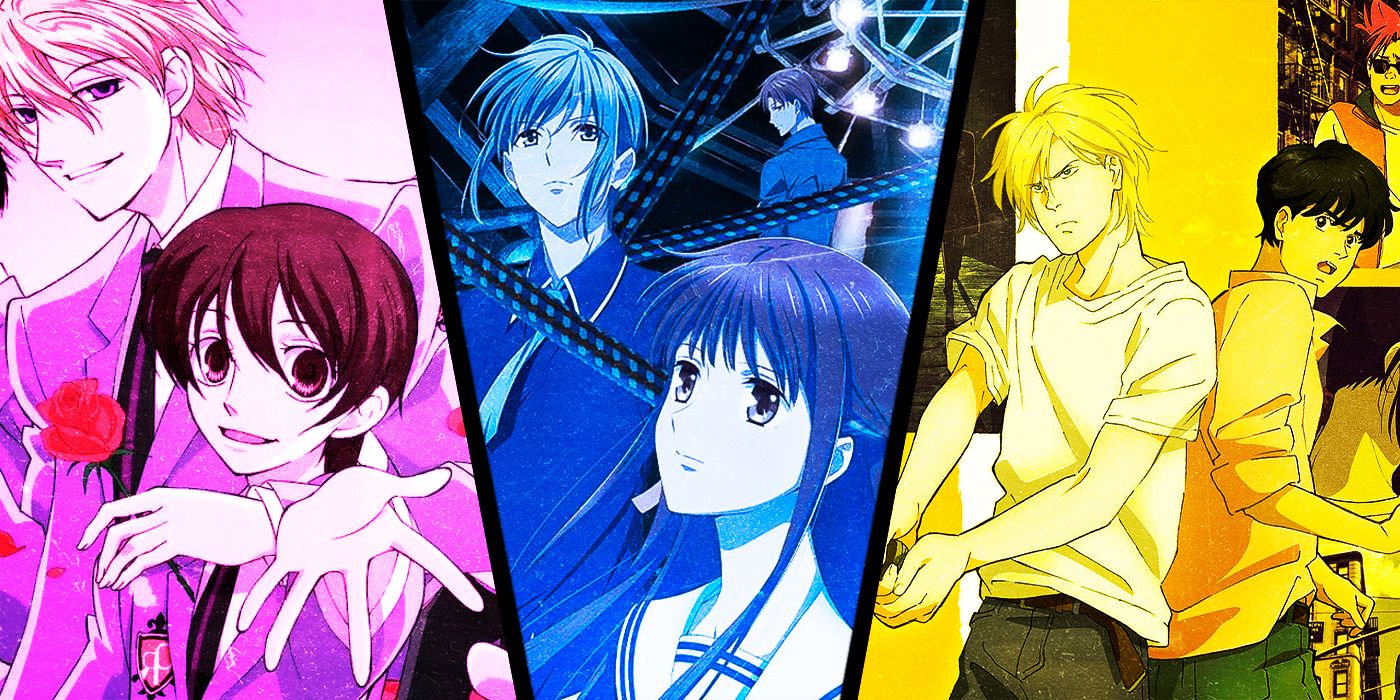
| MAL Score | 8.47 |
|---|---|
| IMDb Score | 8.2 |
Despite belonging to the shojo genre, Banana Fish carries notoriety as a dark, mature series that daringly touches upon countless dark themes. Set against the gritty backdrop of New York’s criminal underworld, the anime centers around the relationship between the city’s infamous gangster, Ash Lynx, and a naive Japanese photographer, Eiji Okumura, as they investigate the mystery of “banana fish” — an elusive drug that has killed Ash’s brother.
While much of Banana Fish is dedicated to riveting action and gripping mystery, the heart of Banana Fish lies in its quieter, more emotional moments. A grounded story not interested in sugarcoating the grim reality its characters inhabit, Banana Fish ends on a suitably tragic note, stripping its heroes of a chance to receive a happily-ever-after in the most cruel way imaginable
Gungrave’s Revenge Story Has a Surprisingly Devastating Conclusion
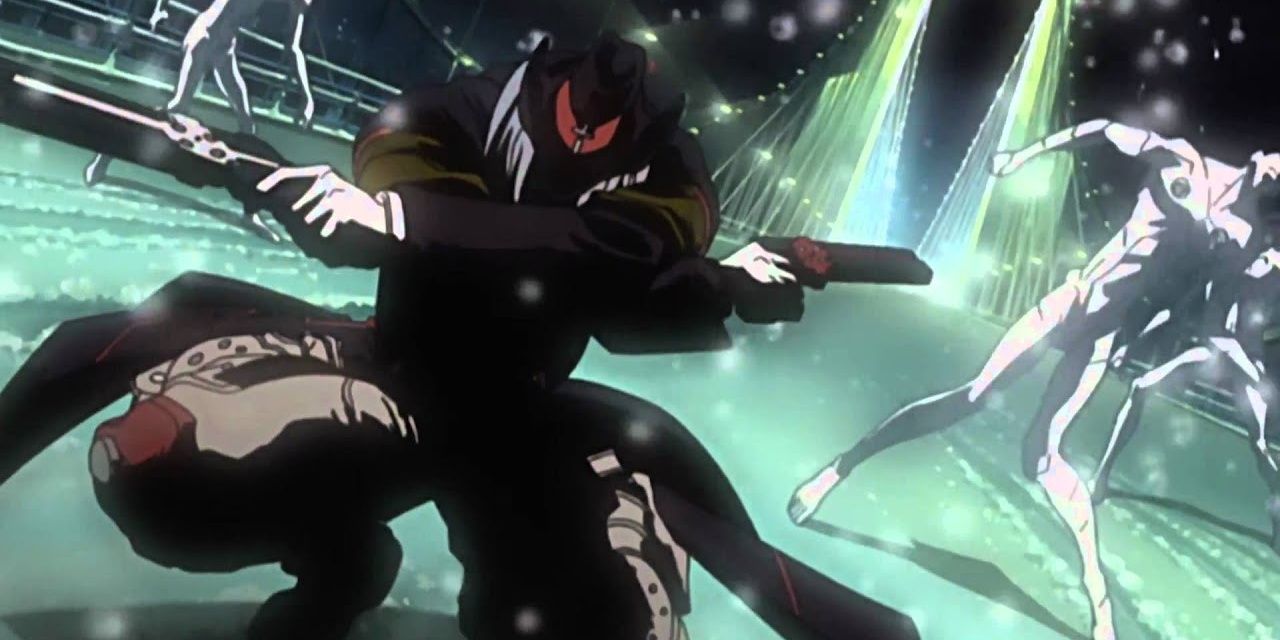
| MAL Score | 7.82 |
|---|---|
| IMDb Score | 7.9 |
A gruesome and violent series that combines themes of gang drama, supernatural fantasy, and science fiction, Gungrave is one of the most iconic exemplars of early 2000s organized crime anime. Based on a beloved Playstation 2 game of the same name, Gungrave follows Brandon Heat, a former low-level mafioso who, upon being betrayed by his best friend and the syndicate they both worked for, is reborn as an immortal killer looking for revenge.
Ruthless, dramatic, and appropriately cheesy for its time, Gungrave manages to surprise the viewers by introducing raw, soul-crushing drama into its mix of over-the-top gore and entertaining violence at the very end. While none of the series is particularly cheerful, its final episode truly brings home the pointlessness of Brandon’s quest for vengeance.
Attack on Titan Gives Up Too Much in Their Effort to Save the World
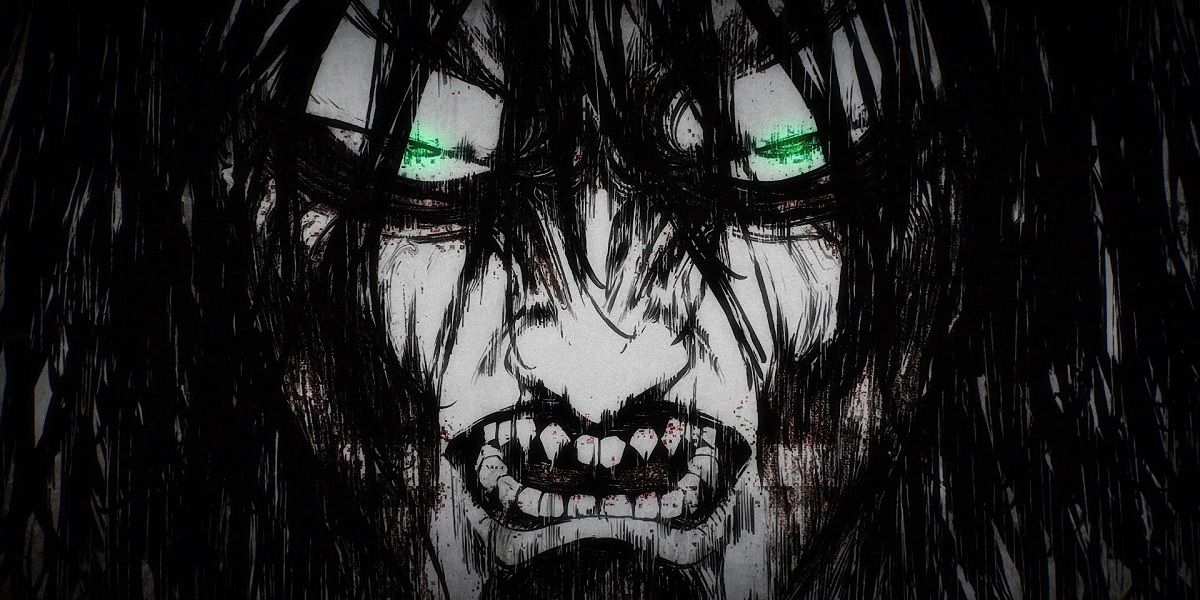
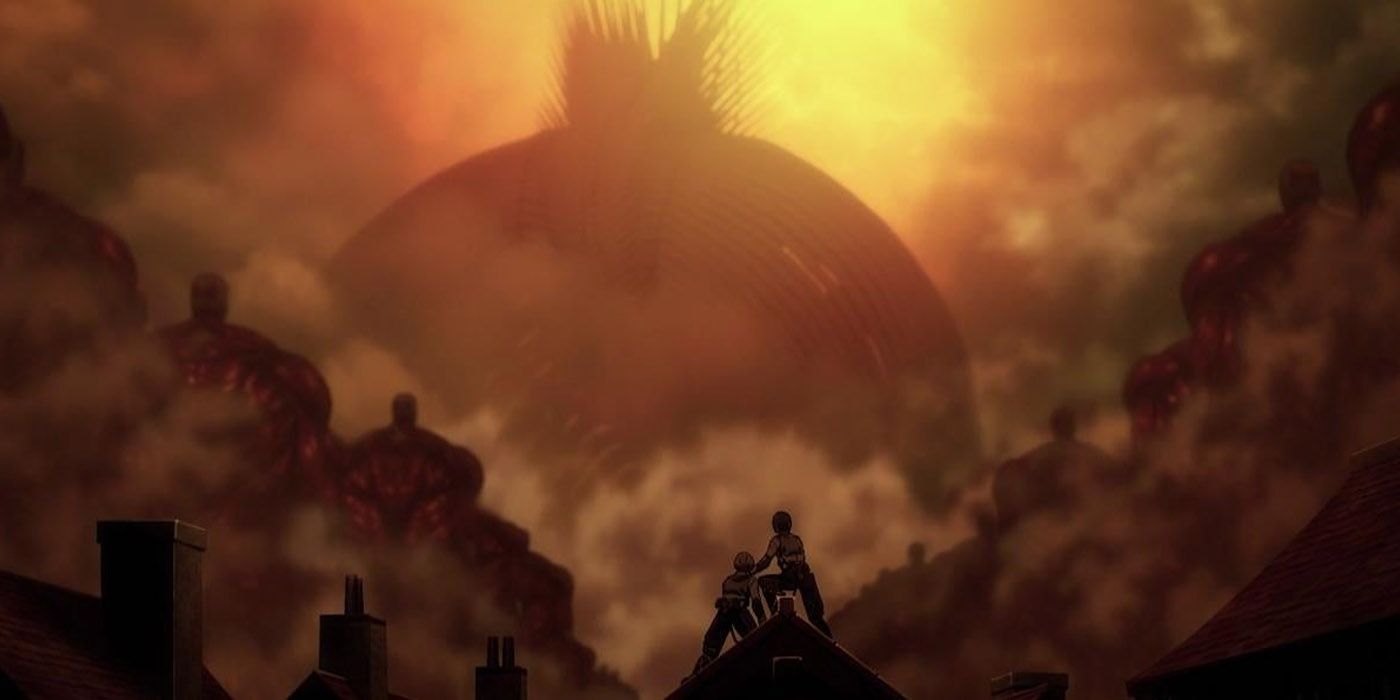
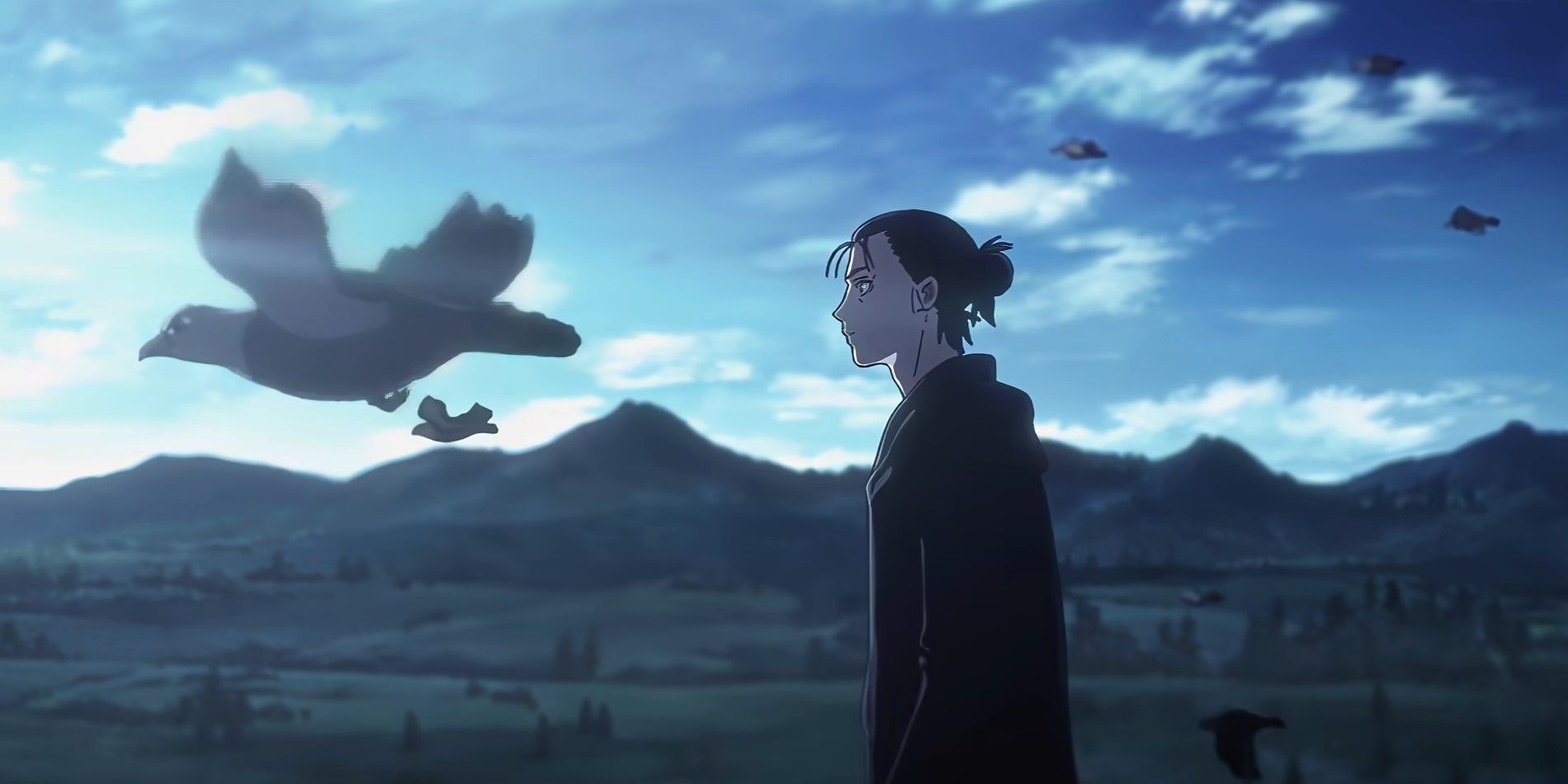
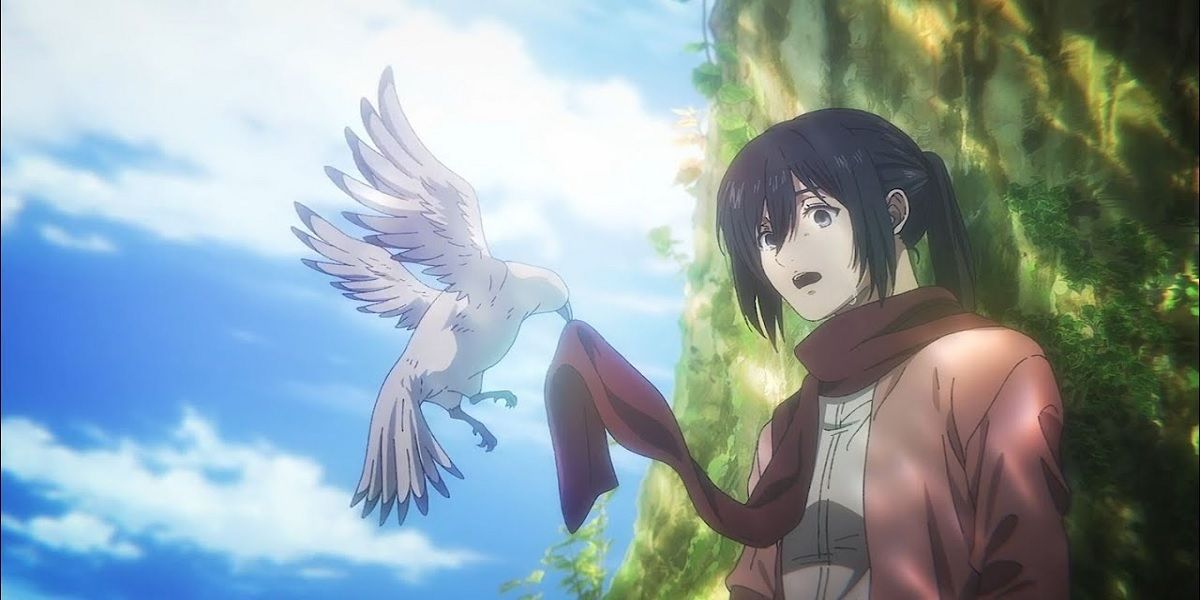
| MAL Score | 8.55 |
|---|---|
| IMDb Score | 9.1 |
Despite being an icon of modern shonen anime, Attack on Titan was never concerned with telling an optimistic, inspiring story. Its tale of humanity’s fruitless struggle against enigmatic monsters later transforms into an even darker account of hate-motivated warfare. Attack on Titan‘s narrative was always cruel to both the characters and the audience, commonly killing fan-favorite heroes and forcing the survivors to endure many horrors worse than death.
However, an elusive promise of hope encouraged fans to believe that the bleakness of AOT’s world can be overcome. Nevertheless, the series’ much-anticipated finale, while technically seeing the heroes succeed, is about as hopeless as it could’ve been, as the price the protagonists pay for keeping the world from crumbling turns out to be too steep.
Devilman Crybaby Makes One of Anime’s Most Iconic Apocalyptic Finales Even More Dejected
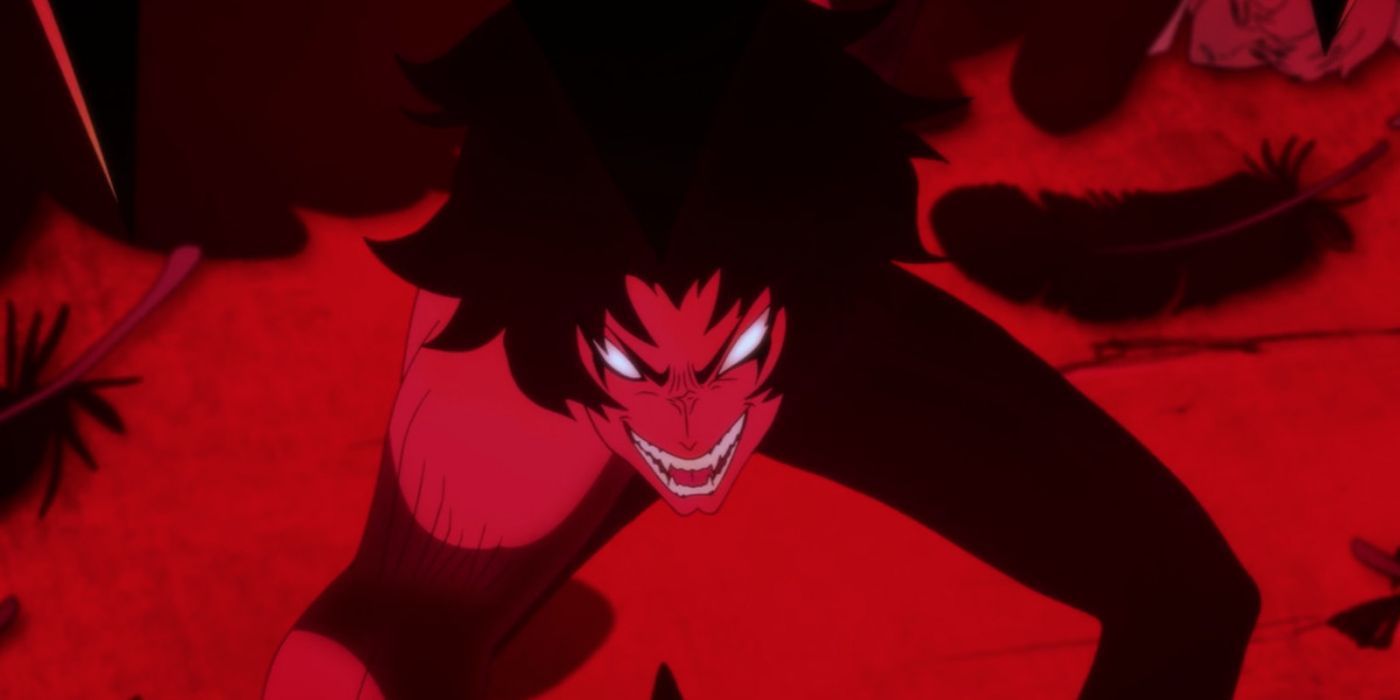
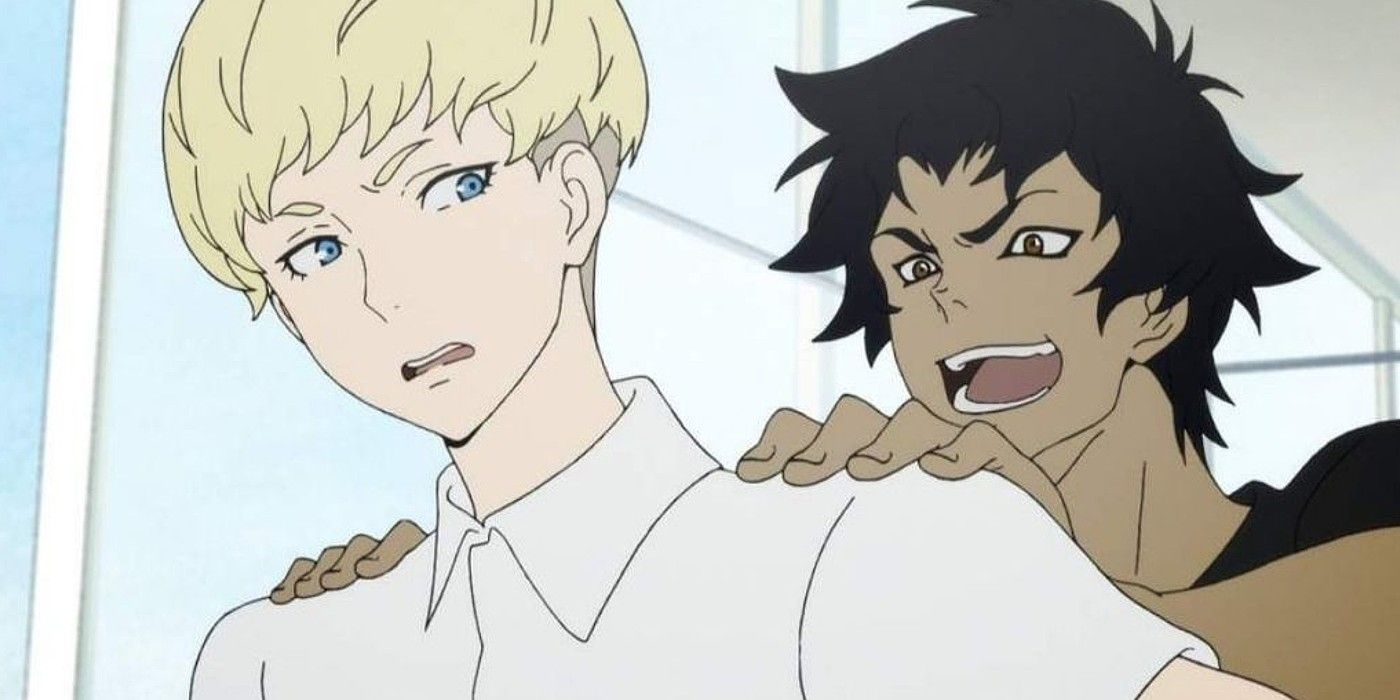
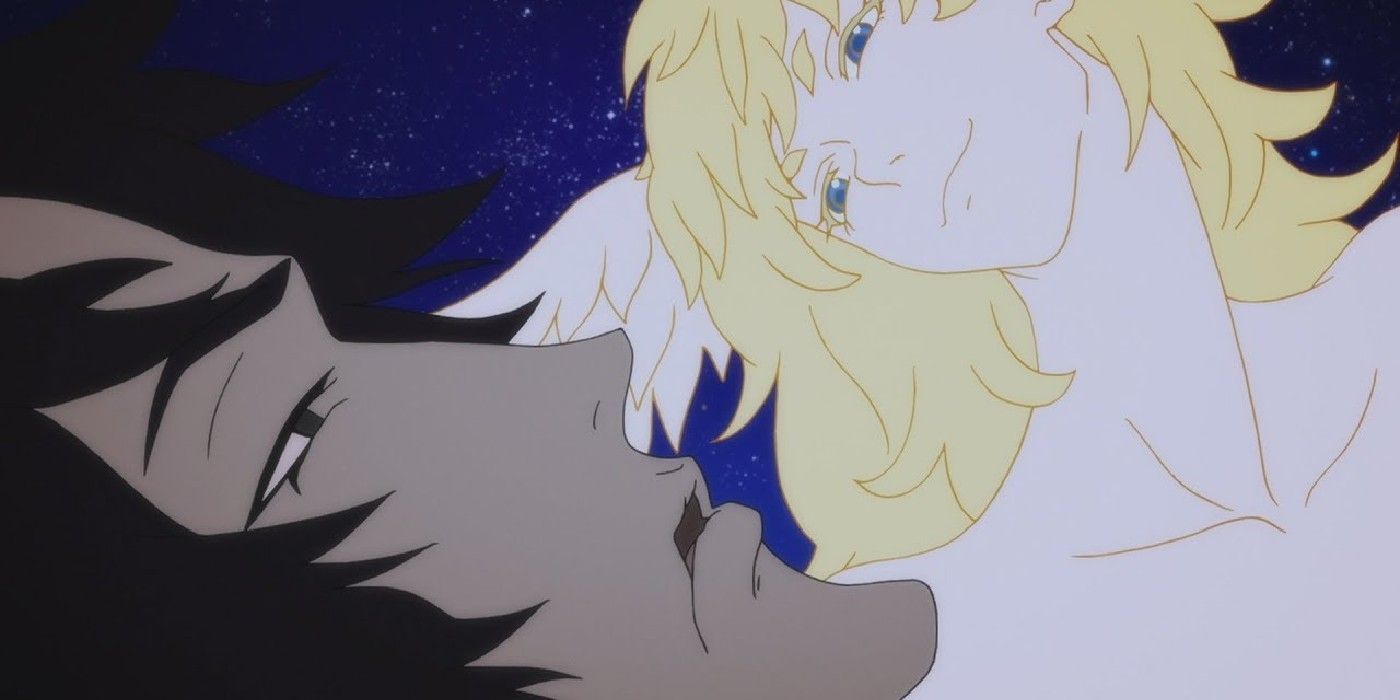
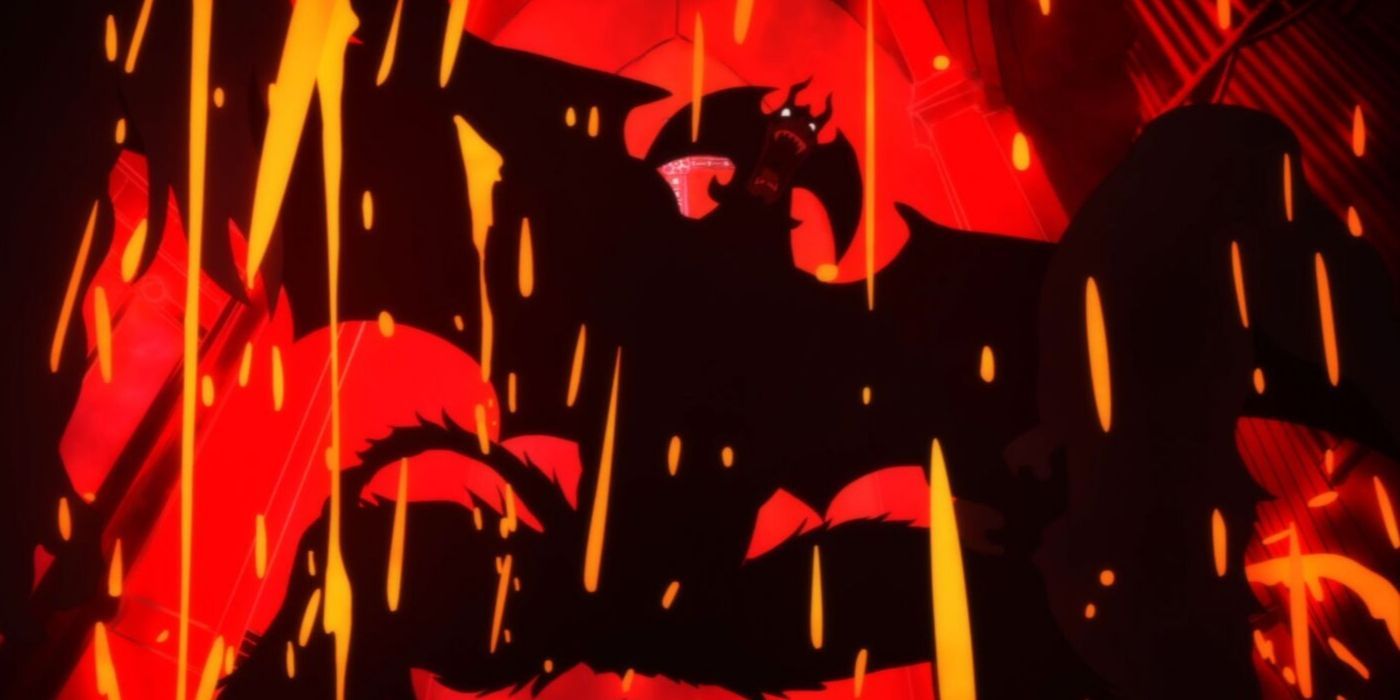
| MAL Score | 7.75 |
|---|---|
| IMDb Score | 7.6 |
Infamous for his distaste for happy endings, the legendary mangaka Go Nagai created Devilman, an iconic apocalyptic fantasy with an appropriately dejected finale, in 1972. Yet, Masaaki Yuasa’s Devilman Crybaby takes the already depressing story of the original even further, exposing fans to a truly tragic tale in which no character manages to find peace. Notoriously violent and explicit, Devilman Crybaby tells the story of Akira Fudou, half-devil half-human, who helps his friend Ryou eliminate other devils.
While bleak and brutal, most of Devilman Crybaby is not outright hopeless, gradually developing the relationship between Ryou and Akira, as well as the odd changes that occur within the newly-awakened Devilman upon fusing with a demon. However, the latter half of the series sees the narrative’s already sparse optimism plummet, turning Akira’s story into a tragedy on a world-ending scale.
Texhnolyze’s Bleak Dystopian World Doesn’t See Any Light Till the Very End
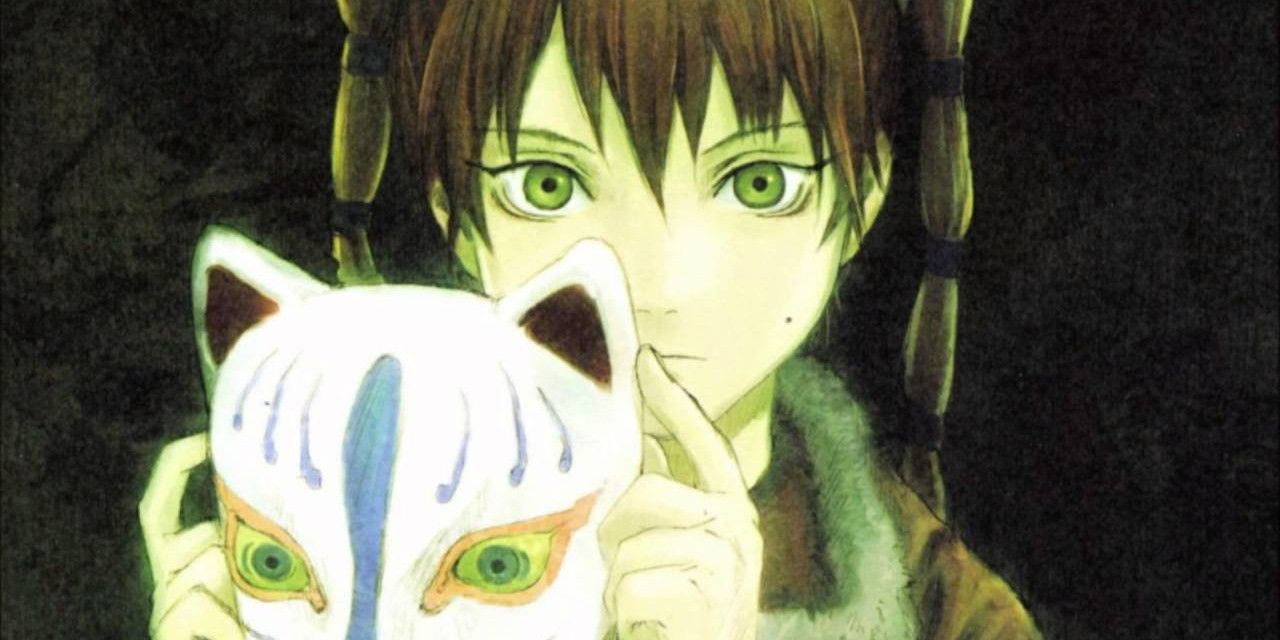
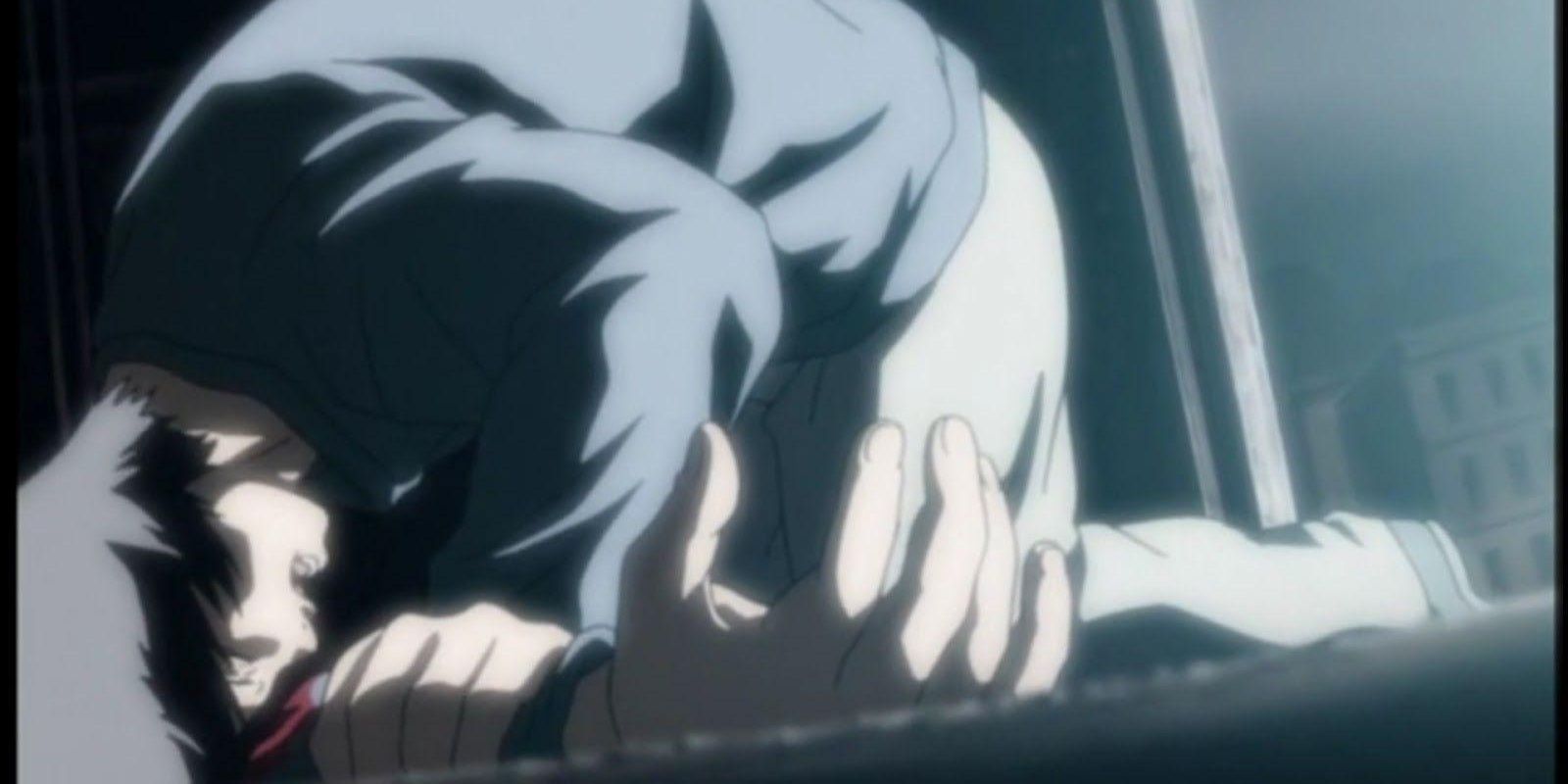
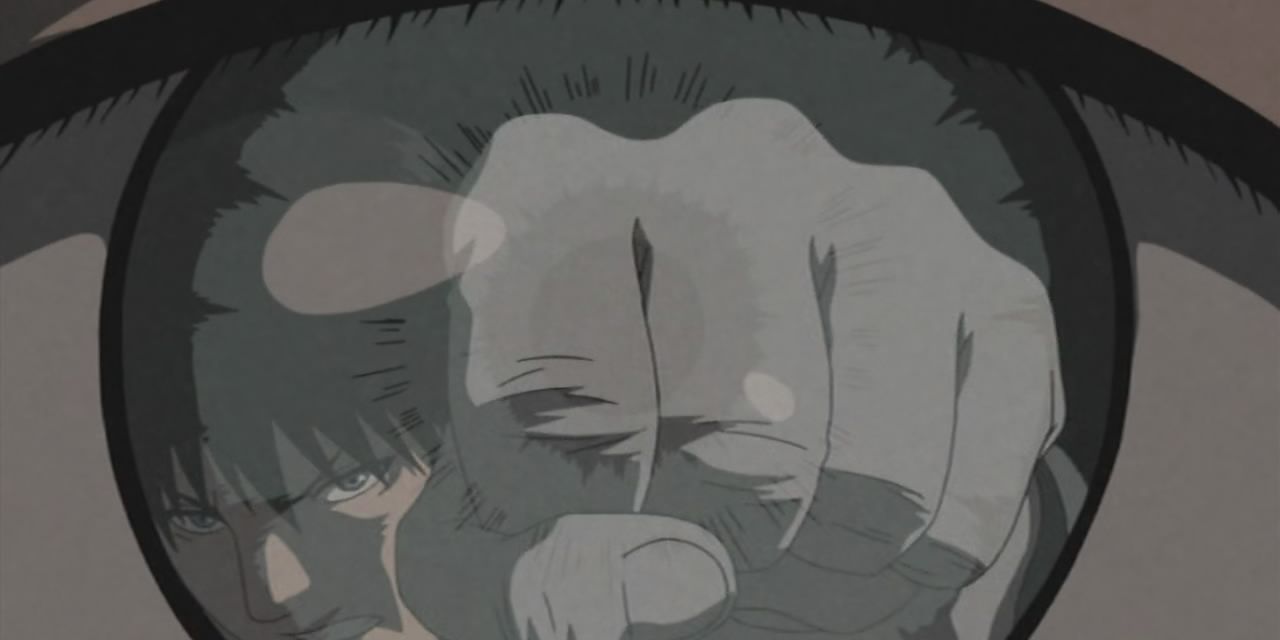
| MAL Score | 7.76 |
|---|---|
| IMDb Score | 7.6 |
Unlike most futuristic dystopias, which celebrate the heroes’ strife against the oppressive status quo, Texhnolyze is an anime that dejectedly accepts the utter hopelessness of its setting, approaching it with a philosophical yet despairing perspective. Set in the grimy underground city of Lux, the series follows Ichise, a reserved fighter who loses two limbs after crossing the wrong people and consequently gets sucked up in the city’s vile power struggles.
While very thought-provoking in its examination of senseless violence, nihilistic ideals, and cynical existentialism, Texhnolyze maintains a very disquieting tone throughout, with none of the characters managing to grasp even a speck of happiness. The finale only amplifies the series’ depressing themes, ending in a way guaranteed to utterly crush the viewers’ spirits.
The End of Evangelion Is the Most Depressing of the Franchise’s Multiple Finales
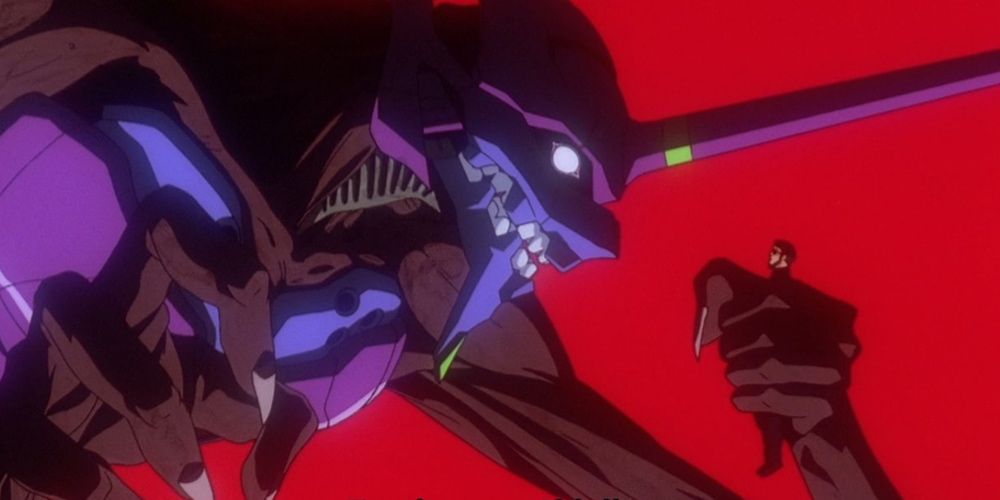
An iconic deconstruction of the mecha genre, the Evangelion franchise takes a grounded, realistically tragic approach to the power fantasy of piloting giant robots. Forced to operate the series’ titular machines by his neglectful father, Shinji Ikari is far from a conventional hero. His journey of fighting against Angels gradually chips at his psyche to the point where he is no longer able to be the savior of humanity everyone wanted him to be.
The TV series’ original ending portrays Shinji’s mental deterioration in a rather confusing yet emotive manner, opting for an abstract, experimental finale. However, the alternative conclusion showcased in The End of Evangelion movie took the show’s depressing themes even further by exposing the audience and Shinji to the apocalyptic aftermath of the heroes’ pointless struggle.
Grave of the Fireflies Is One of Anime’s Most Realistically Grim War Stories
-(1).jpg)
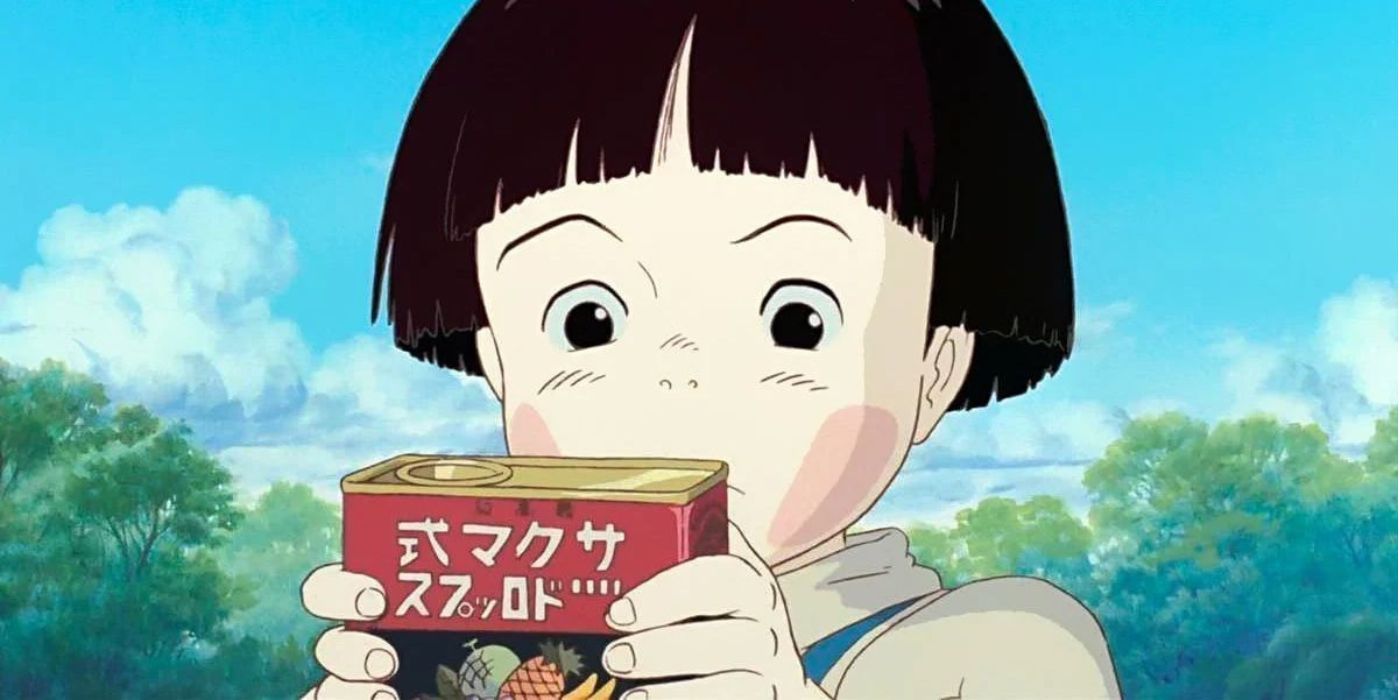
| MAL Score | 8.52 |
|---|---|
| IMDb Score | 8.5 |
While Studio Ghibli’s fame mostly comes from their magical, kid-friendly fantasy films, their library of work features a plethora of diverse movies, including such unexpectedly depressing features as Grave of the Fireflies. Set in the post-World War II Japanese countryside, the film sets itself up as a tragedy from the very beginning.
Following two siblings orphaned by war, Seita and Setsuko, as they travel the devastated ruins they used to call home, the movie poignantly showcases the horrors of its historical subject matter. Seita and Setsuko’s fates are decided from the start. However, the film still succeeds in making the audience sympathize with their struggles, even in the light of the sorrowful finale that awaits the Grave of the Fireflies’ innocent heroes.
She, The Ultimate Weapon Sees Its Heroine Gradually Lose Her Humanity
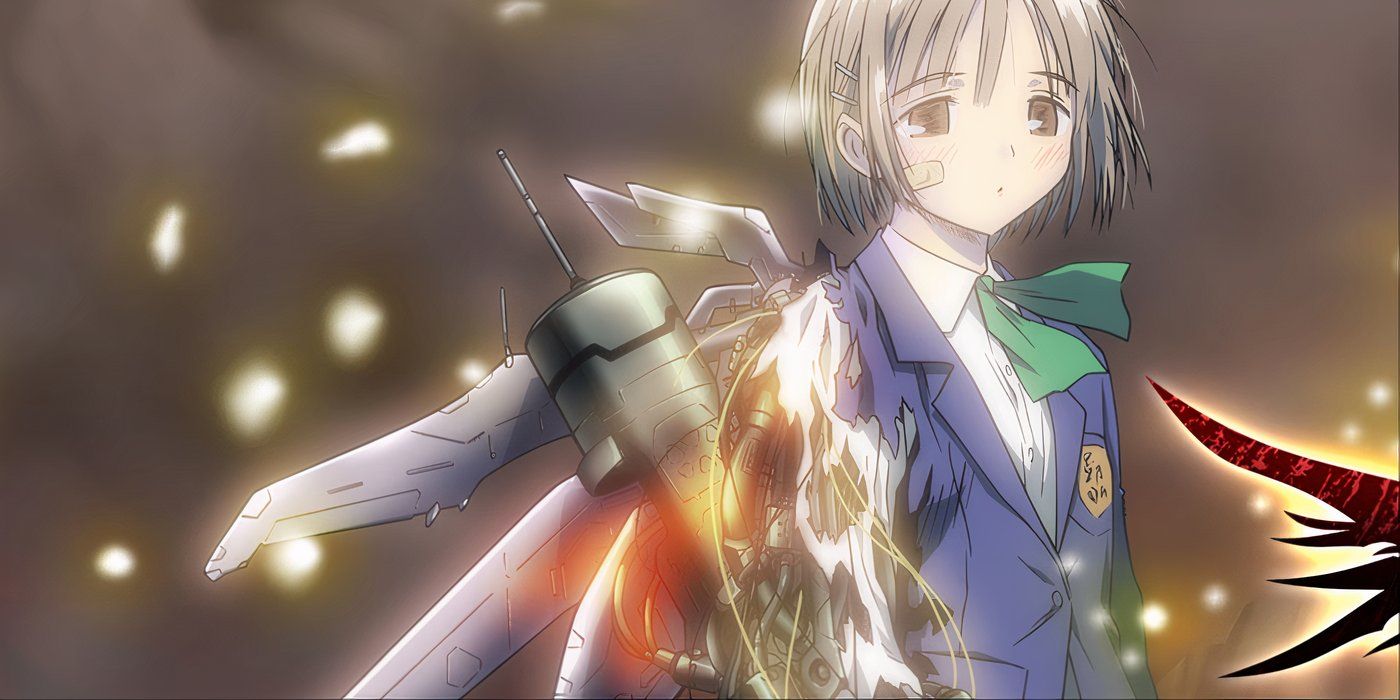
| MAL Score | 7.14 |
|---|---|
| IMDb Score | 6.9 |
A relatively niche yet extremely poignant seinen tragedy, She, The Ultimate Weapon, also known as Saikano, begins as a relatively unassuming series following the blossoming relationship between two teenagers, Chise and Shuuji. However, the couple’s lives change drastically when war comes to Japan, and Shuuji discovers that his girlfriend was turned into a human weapon against her will.
Stripped of her humanity and gradually losing her sense of self, Chise struggles to accept her identity as an ultimate weapon, embarking on an utterly devastating arc of understanding what it means to love and be human. While both Chise and Shuuji put their best efforts into making their unorthodox relationship work, their story, as well as the grander tale of the cruel world they inhabit, don’t have a happy conclusion.
Wolf’s Rain Strips the Promised Hope Away from Its Heroes at the Last Moment
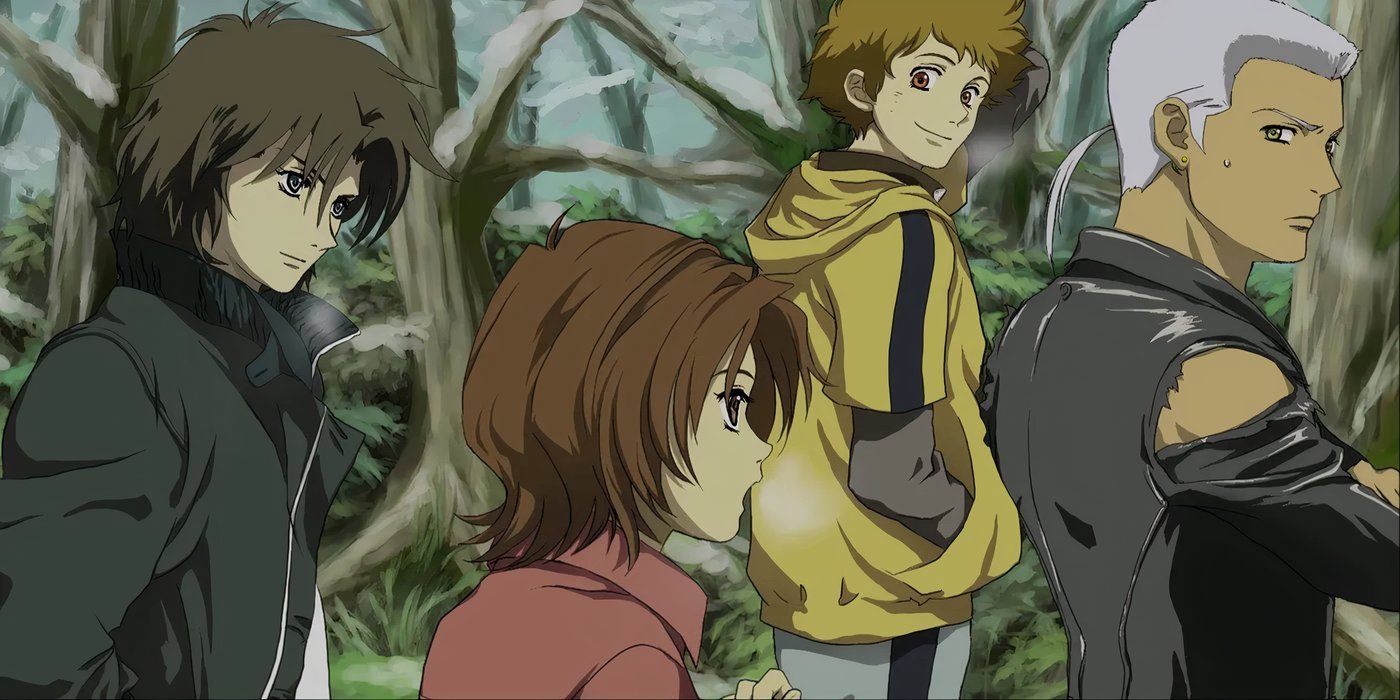
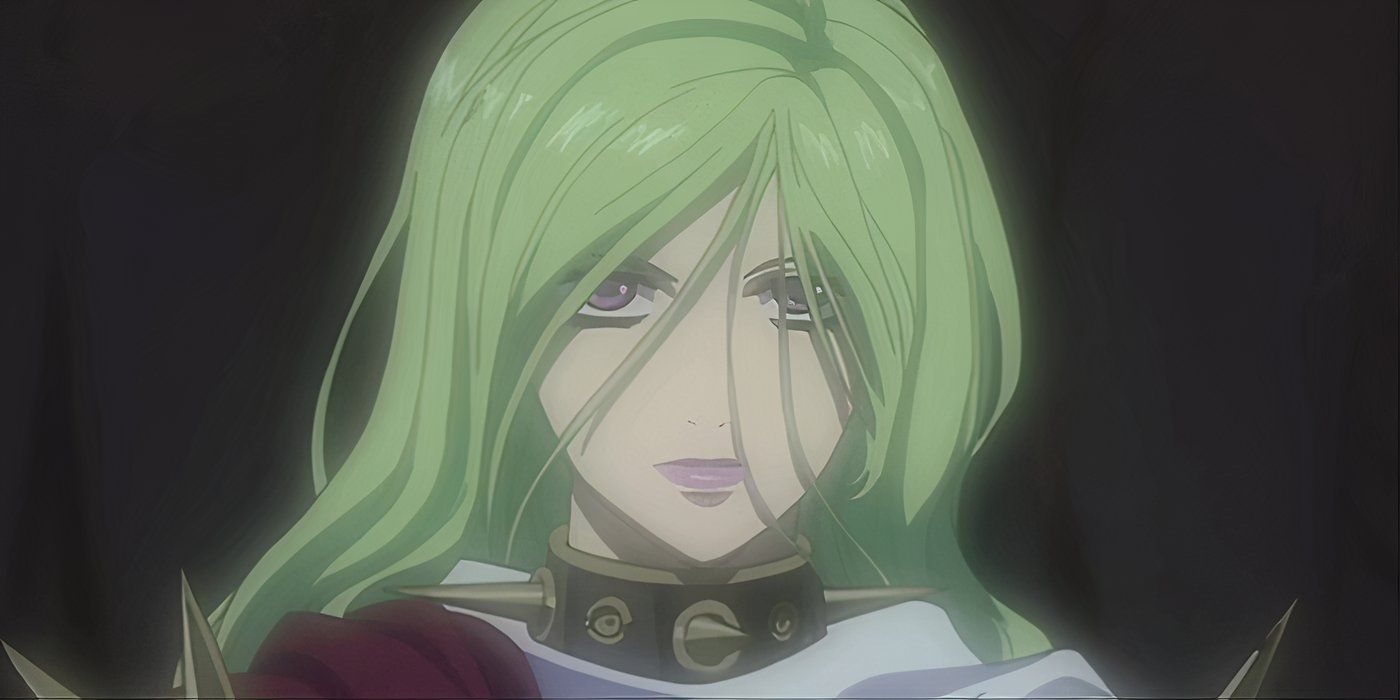
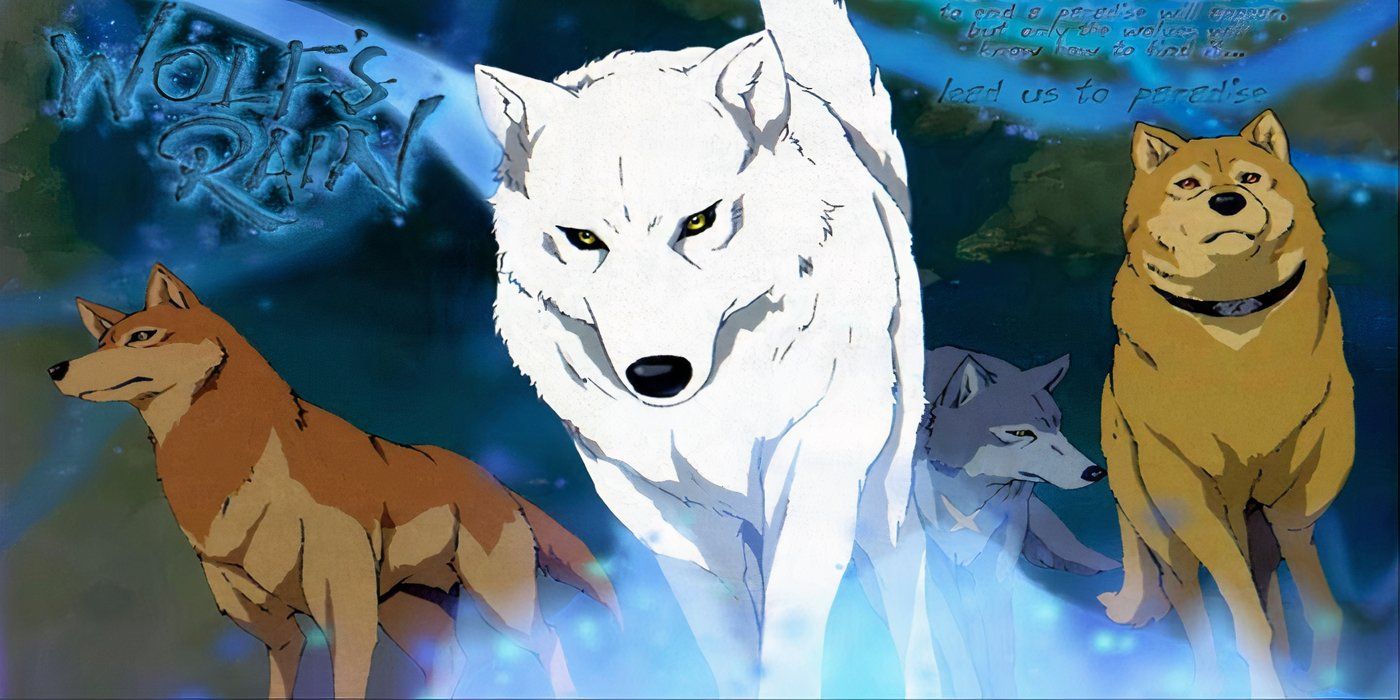
| MAL Score | 7.79 |
|---|---|
| IMDb Score | 7.9 |
A cult classic of dystopian anime, Wolf’s Rain throws the viewers into a cold and dying world in which hope has been lost, together with the elusive clan of wolves — the sole gatekeepers to a rumored paradise. Some mythical wolves still live in secret among the people. Led by an aloof leader named Kiba, they set out to find their elusive perfect world.
A somber, melancholic adventure, Wolf’s Rain begins as a hopeful story. Even if the wolves meet countless obstacles on their quest, the promised paradise urges them to endure the struggles of their depressing journey through the wasteland. Regrettably, their voyage doesn’t culminate as expected, and what awaits the heroes at the doors of their paradise will bring even the most stoic of viewers to tears.
Source: CBR
